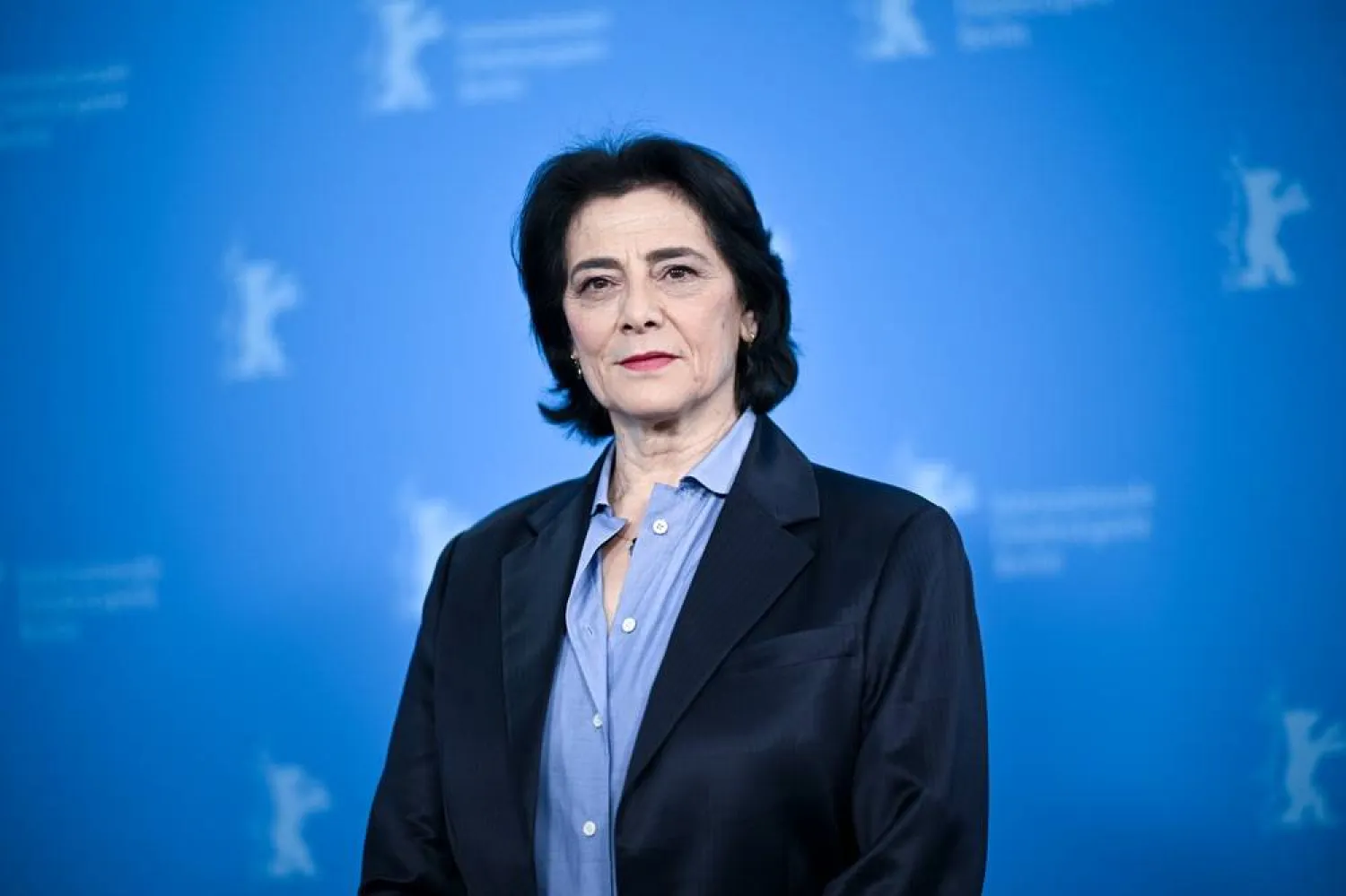Here are the main points from Prince Harry's first two television interviews to publicize his new autobiography "Spare", aired on Sunday.
- On why he wrote the book -Harry told Britain's ITV channel he had endured "38 years... of intentional spin and distortion".
He said he had "no intention" of harming anyone in his family by releasing the book.
But he said he needed to speak out as "certain members have decided to get in bed with the devil to rehabilitate their image", at his and his family's expense.
- On his mother's funeral -Harry recalled walking behind Princess Diana's coffin at her funeral in 1997, when he was aged just 12.
"The bridles chinking, you know, going down The Mall, the hooves going down the concrete and the occasional... gravel underneath the foot and the wails from the crowd," he recalled.
"But otherwise complete silence is something that will stick with me forever."
- On Diana's death -Harry said he read the secret government file into Diana's death, redacted by his private secretary of the most graphic descriptions and photographs of the scene.
He said he had driven as an adult through the Pont de l'Alma tunnel in Paris, where she died in a car crash.
"There's a lot of things that are unexplained," he said.
"But I've been asked before whether I want to open up a, you know, another inquiry. I don't really see the point at this stage."
In an interview aired later on America's CBS, Harry said that for "many years" part of him believed his mother had just disappeared and that "she would call us and we would go and join her."
- On his relationship with William -Harry spoke of his long-standing sibling rivalry with Prince William, how they used to fight as boys, how William ignored him at school and even tried to get him to shave off his beard before his wedding to Meghan.
He accused William of later swallowing the British tabloid media portrayal of Meghan, leading on one occasion to William physically attacking him.
Harry said that, had he not been having therapy after the trauma of his childhood, he would have fought back.
Harry told CBS he and William were not currently in touch, nor had he spoken to his father "for quite a while."
- On William, Kate and Meghan -Harry said William and Kate were fans of the US legal drama "Suits" in which Meghan starred.
But he said he thought they were not expecting him to get involved with someone like Meghan and "there was a lot stereotyping" of her as a biracial, divorced American actress.
That caused "a bit of a barrier" to welcoming her to the family, he said.
Harry stressed though that William never tried to dissuade him from marrying Meghan.
- On claims of royal racism -Harry denied he or Meghan had accused the royal family of racism but said there was unconscious bias at the palace which still needed to be addressed.
A recent incident in which a senior courtier, Susan Hussey, repeatedly asked a black British charity worker, Ngozi Fulani, where she was "really from" was an example of that, he said.
Harry said in the CBS interview: "Hell, I was probably bigoted before the relationship with Meghan."
- On the media -Harry spoke at length about the British tabloid press, accusing it of complicity and collusion with the palace, as well as racism, cronyism and duplicity.
He suggested the negative coverage he and Meghan had suffered was a result of his legal claims for alleged phone hacking against three British newspapers.
The wider aim of the claims, he said, had been to rein in tabloid excesses.
- On what he wants to achieve -Harry said he believed "100 percent" he could reconcile with his family and that could have a "ripple effect across the world".
But he conceded that his father King Charles III and his brother were unlikely to read his book or watch the interview.
- On the future -Harry said he was now "in such a good headspace" to deal with any tricky conversations with his family.
"It's been hard, I'm not going to lie," he said of the last few years, but added: "The reality is I've never been happier."









